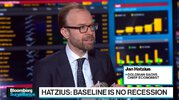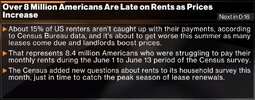- Joined
- 3 November 2013
- Posts
- 1,605
- Reactions
- 2,862
Interesting. Why do you think inflation is under control?I Agree! re INFLATION!
Am I missing out on something?
Which Commodity is at its High this Weekend?
Tough Talk from the Fed Works!
It's All We Need
IMHO The Inflation Game is Over
Very Small Interest Rates hikes from next month
Steady as She goes
View attachment 143276
I have already
Yesterday!
Do you think this is going to be a V-shaped correction though?



